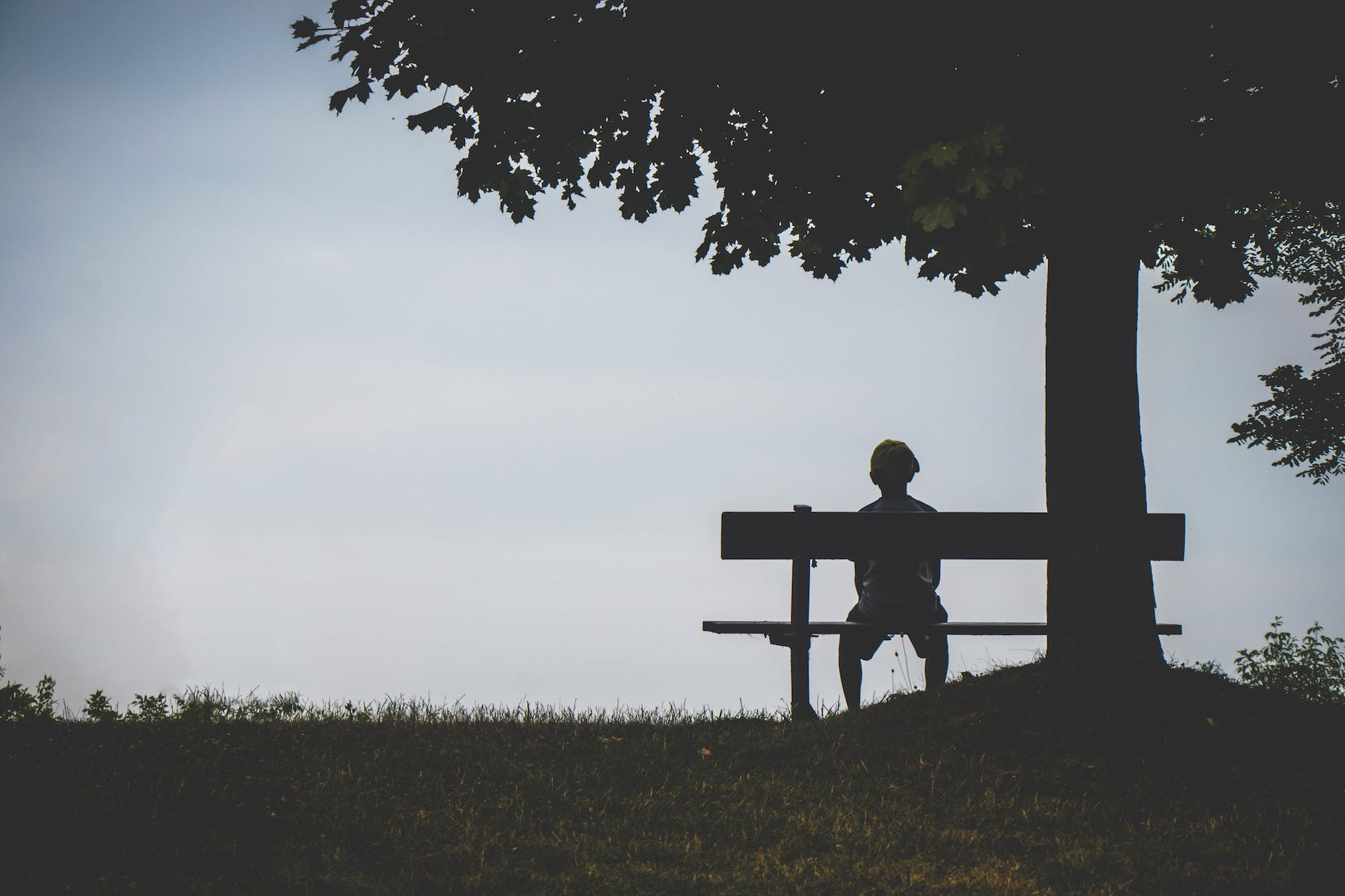
Understanding the Loneliness Epidemic
In a profound exploration of the modern societal challenge, Harvard professor Robert Waldinger sheds light on the growing epidemic of loneliness in his recent YouTube lecture. He defines loneliness as a subjective experience where an individual feels less connected to others than desired. This feeling is distinct from isolation, as one can be isolated and content, surrounded by people, yet feel profoundly lonely.
The Rise of Loneliness
Loneliness has been on an upward trend since the 1950s. Factors contributing to this rise include increased societal mobility, the introduction and evolution of television, and the digital revolution. These changes have gradually eroded community engagement and personal interactions.
The Health Impacts
Research by Julianne Holt-Lunstad highlights the severe health implications of loneliness, equating its danger to smoking half a pack of cigarettes a day. Loneliness contributes to physical health deterioration and accelerates brain decline in later life.
The Power of Connections
Waldinger emphasizes the importance of investing in relationships for well-being. It’s not just close relationships that count; even casual interactions with community members, like a mail carrier or a grocery store cashier, can foster a sense of belonging.
- Dikel MD, William (Author)
- English (Publication Language)
- 400 Pages – 08/16/2022 (Publication Date) – W. W. Norton & Company (Publisher)
Schools’ Role in Building Inclusive Communities
Recognizing Loneliness in Students
Schools must first acknowledge that loneliness can be a significant issue among students. Young adults, in particular, are highly susceptible to loneliness. Educators can play a crucial role in identifying signs of loneliness and providing support.
Creating Inclusive Environments
Schools can use the science of learning and development to build inclusive student communities. This includes:
- Promoting Social Skills: Integrating social skill development into the curriculum can help students who feel lonely and are hesitant to reach out. Cognitive behavioral therapy techniques can be adapted for the classroom to help students revise their assumptions about social interactions.
- Encouraging Community Engagement: Activities that foster community involvement can help students feel more connected. This might include group projects, community service initiatives, or school clubs that cater to diverse interests.
- Building Casual Connections: Schools should create environments where casual, positive interactions are encouraged. This could be in the form of mentorship programs, buddy systems for new students, or structured social time during the school day.
- Supporting Emotional Health: Schools can provide resources for emotional support, such as counseling services or workshops on managing feelings of loneliness and building healthy relationships.
Empowering Students
Empowering students to understand and combat loneliness is essential. This involves teaching them that seeking connection is normal and healthy and providing them with the tools and opportunities to build meaningful relationships.
Conclusion
Loneliness is a complex and growing challenge, but schools can play a pivotal role in addressing this epidemic by understanding its dynamics and implementing strategies to promote connection and belonging. It’s about creating a culture where every student feels, as Waldinger concludes, “You belong. You matter. You’re connected.”
The Eclectic Educator is a free resource for all who are passionate about education and creativity. If you enjoy the content and want to support the newsletter, consider becoming a paid subscriber. Your support helps keep the insights and inspiration coming!
Last update on 2024-07-26 / Affiliate links / Images from Amazon Product Advertising API
